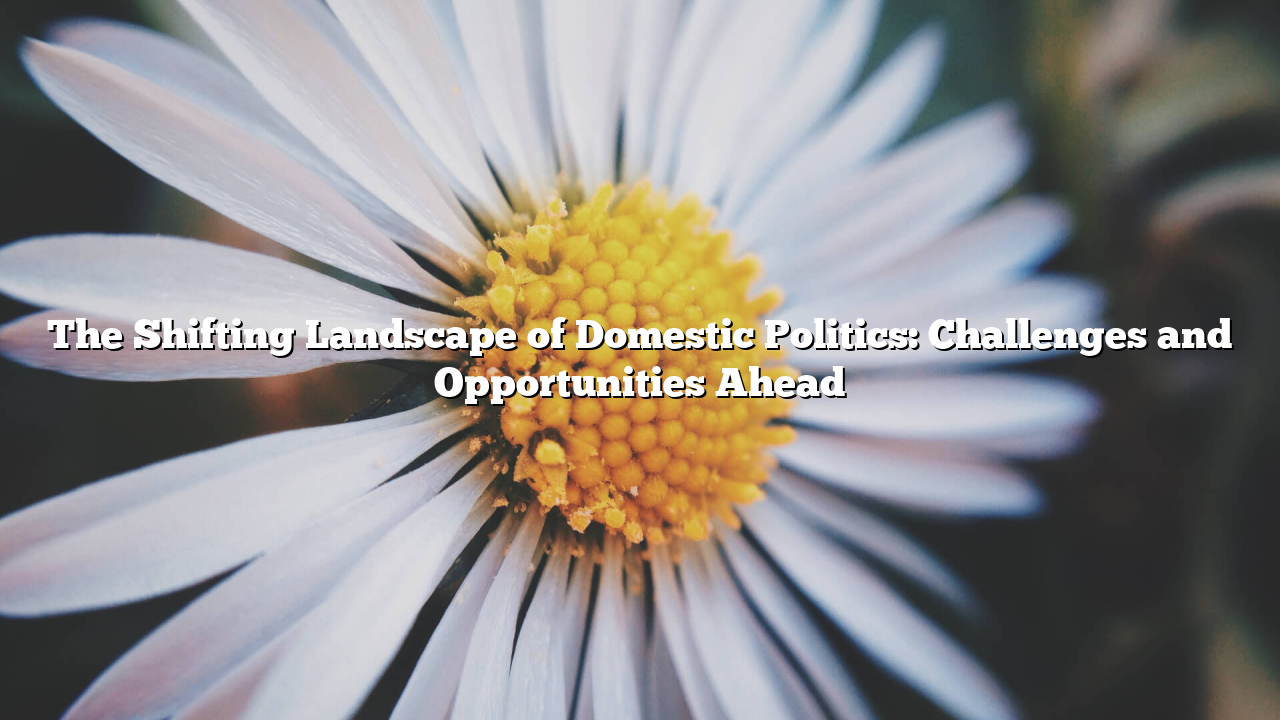In recent years, domestic politics has undergone significant shifts, reflecting a combination of social change, economic uncertainty, and evolving political strategies. While every Pattimura4d nation experiences fluctuations in its political climate, the current moment is marked by an unusually rapid pace of transformation. Political leaders, institutions, and citizens are all navigating a landscape in which old certainties no longer hold and new realities demand immediate adaptation.
One of the central drivers of this change is the growing role of public opinion shaped by digital media. Social networks and online platforms have amplified citizen voices, giving rise to grassroots movements that can mobilize support or opposition in a matter of hours. This dynamic has both empowered voters and challenged traditional political structures. Political parties that once relied on long-term messaging strategies must now respond to the 24-hour news cycle, where a single post or video can dominate national discourse.
Economic challenges have further intensified the political debate. Rising living costs, fluctuating job markets, and debates over fiscal policy have fueled dissatisfaction among segments of the population. In many cases, citizens demand more than broad promises; they expect detailed, actionable plans that address their daily struggles. Politicians who fail to present credible solutions risk losing trust, as voters increasingly scrutinize the gap between campaign rhetoric and actual performance.
Meanwhile, issues of governance and transparency remain at the forefront. Allegations of corruption, misuse of power, and lack of accountability have eroded confidence in certain institutions. This has led to calls for reforms aimed at strengthening checks and balances, improving public oversight, and ensuring that decision-making processes remain open to scrutiny. In response, some governments have initiated measures to increase transparency, though these steps often face resistance from entrenched political interests.
The generational divide is another critical factor shaping domestic politics. Younger voters tend to prioritize issues such as climate change, social justice, and digital freedoms, while older generations may focus on economic stability, traditional values, and national security. Political leaders must navigate these differing priorities, seeking to build coalitions that bridge age groups without alienating key segments of the electorate. This challenge requires a nuanced approach to policymaking and messaging.
Cultural identity and national unity have also become prominent themes. Debates over language, history, and cultural representation have sparked passionate discussions, sometimes leading to social polarization. While diversity can be a strength, political actors must work to ensure that such differences do not deepen divisions. Inclusive policies and respectful dialogue can help maintain a sense of shared purpose, even amid disagreement.
The coming years will likely test the resilience of democratic institutions. Electoral reforms, civic education initiatives, and the protection of press freedom will play a crucial role in safeguarding political stability. At the same time, the public’s willingness to engage constructively—rather than retreat into cynicism—will be equally important. A healthy democracy relies not only on fair rules but also on the active participation of informed citizens.
Ultimately, the evolving state of domestic politics presents both challenges and opportunities. The pace of change can be disorienting, yet it also opens the door for innovation in governance and civic engagement. Leaders who can adapt to new realities while upholding democratic values will be best positioned to guide their nations forward. Likewise, citizens who remain engaged, critical, and hopeful can help shape a political future that is more inclusive, accountable, and responsive to the needs of all.
As the political landscape continues to shift, one thing remains certain: the relationship between the governed and those who govern will define the course of the nation. By confronting today’s challenges with vision and integrity, societies can transform uncertainty into progress, ensuring that domestic politics remains a tool for collective betterment rather than a source of division.
